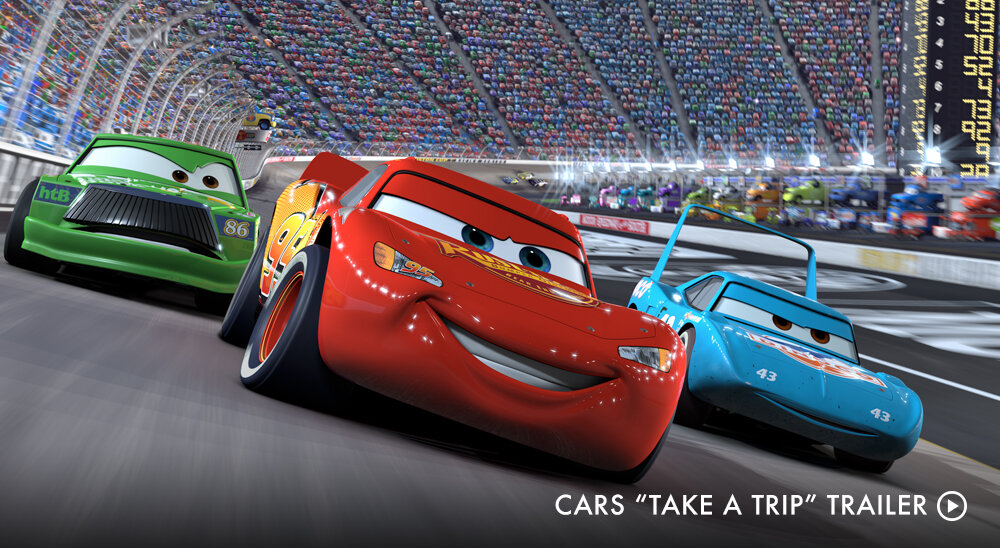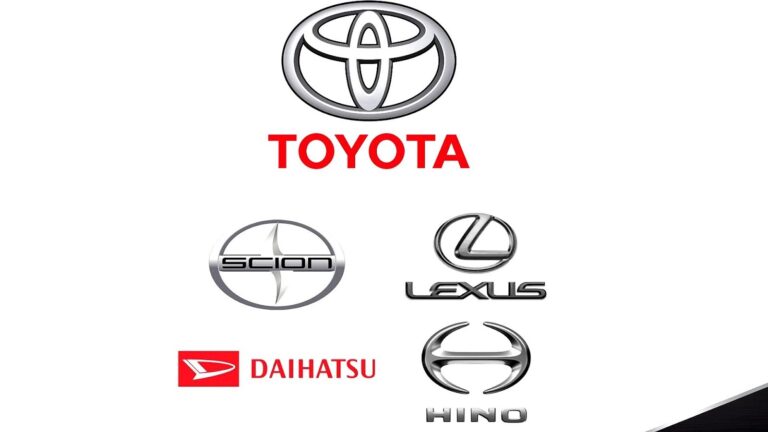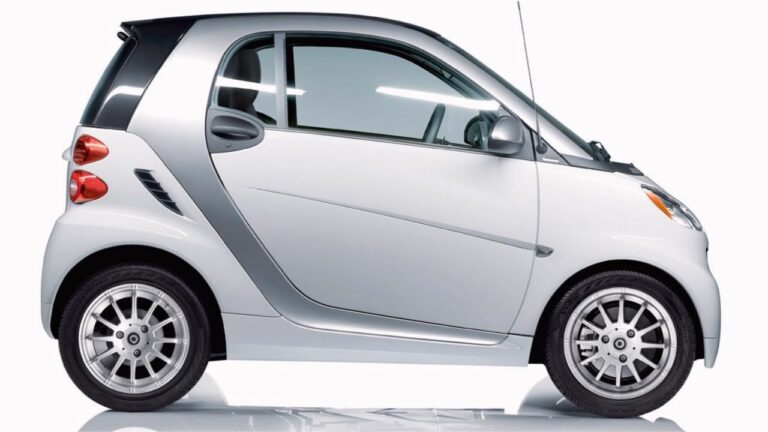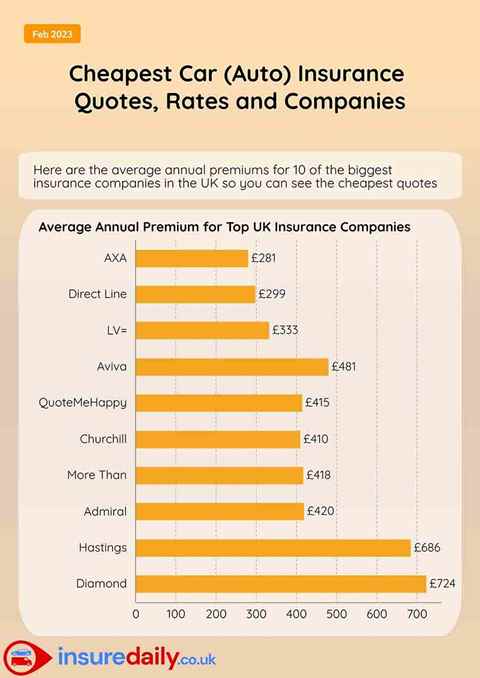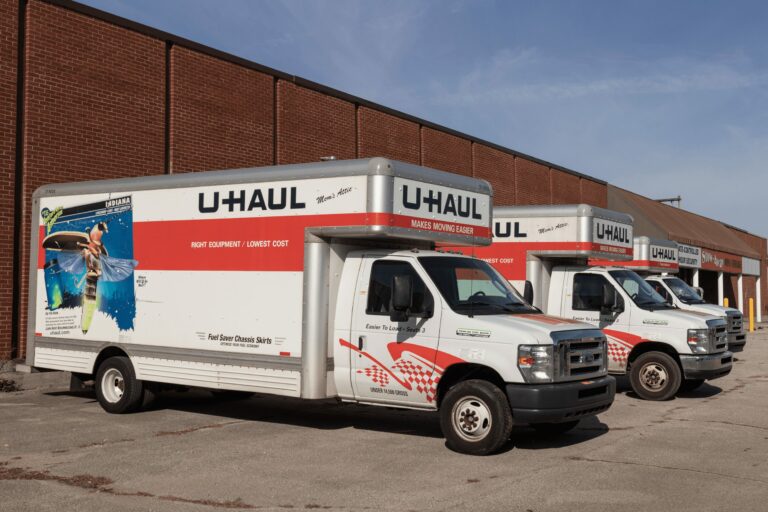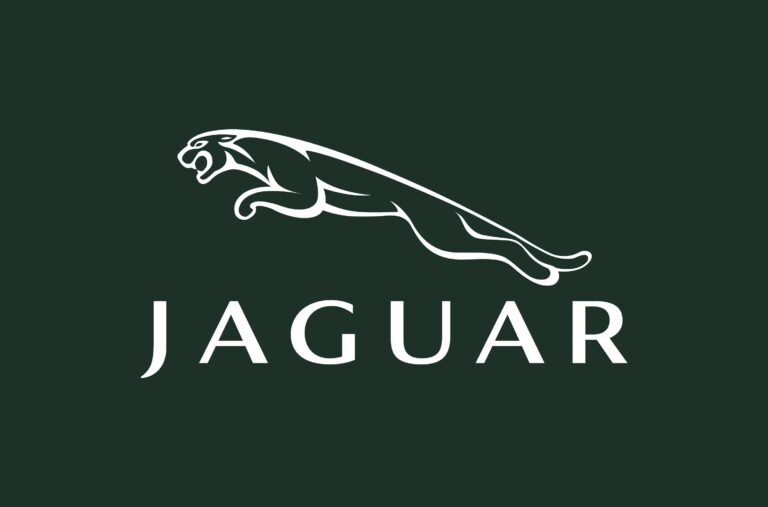What Car Brands Are Owned By Volkswagen: A Comprehensive Guide to an Automotive Empire
What Car Brands Are Owned By Volkswagen: A Comprehensive Guide to an Automotive Empire cars.truckstrend.com
The automotive industry is a vast and complex ecosystem, with a few dominant players controlling a significant share of the global market. Among these giants, Volkswagen AG stands out not just for its namesake brand, but for an astonishingly diverse portfolio of automotive marques that span the entire spectrum from economy cars to ultra-luxury vehicles, and even motorcycles and heavy-duty trucks. Understanding "What Car Brands Are Owned By Volkswagen" is crucial for consumers seeking to navigate the myriad of choices, for investors looking at market diversification, and for enthusiasts keen on the intricate dynamics of the global automotive landscape.
Volkswagen’s strategy of acquiring and integrating various brands has allowed it to achieve immense economies of scale, share cutting-edge technologies across different price points, and cater to a broad array of customer preferences worldwide. This article will delve deep into the heart of the Volkswagen Group, unveiling the powerful brands that operate under its expansive umbrella and exploring the strategic rationale behind this impressive automotive empire.
What Car Brands Are Owned By Volkswagen: A Comprehensive Guide to an Automotive Empire
The Foundation: Core Passenger Vehicle Brands
At the heart of the Volkswagen Group lies its core passenger vehicle division, which generates significant volume and revenue through well-established brands known for their reliability, innovation, and broad appeal.
Volkswagen Passenger Cars: The Namesake and Navigator
Volkswagen Passenger Cars is the foundational brand of the group, often seen as the backbone of its global operations. Known for its "Das Auto" (The Car) philosophy, Volkswagen aims to provide high-quality, practical, and technologically advanced vehicles for the mass market. From the iconic Golf and Beetle (now discontinued) to the popular Tiguan SUV and the burgeoning ID. electric vehicle family, Volkswagen embodies reliability, engineering precision, and a commitment to innovation accessible to everyday drivers. It serves as the primary incubator for new technologies that often trickle down to other group brands.
Škoda: Value, Practicality, and Smart Solutions
Originating from the Czech Republic, Škoda has undergone a remarkable transformation under Volkswagen’s ownership since the early 1990s. Once associated with utilitarian simplicity, Škoda is now celebrated for offering exceptional value, clever "Simply Clever" features (like umbrella compartments and ice scrapers in the fuel flap), and robust engineering. Positioned as a more affordable yet equally capable alternative to Volkswagen, Škoda vehicles like the Octavia, Superb, and Kodiaq provide spacious interiors, strong performance, and excellent build quality, appealing to families and value-conscious buyers across Europe and beyond.
SEAT & CUPRA: Spanish Passion and Performance
The Spanish brand SEAT (Sociedad Española de Automóviles de Turismo) brings a youthful, sporty, and design-led flair to the Volkswagen Group. Acquired by Volkswagen in the late 1980s, SEAT cars are known for their vibrant styling, engaging driving dynamics, and strong connectivity features, appealing particularly to younger demographics. Models like the Leon and Ibiza showcase a distinctive character that sets them apart from their German and Czech stablemates.

In a strategic move to further capitalize on its performance heritage, SEAT spun off CUPRA as a standalone high-performance brand in 2018. CUPRA focuses on delivering emotional, sophisticated, and performance-oriented vehicles, often with a sporty design edge and a strong emphasis on electrification. The CUPRA Formentor, Born, and Ateca VZ are prime examples of this brand’s ambition to carve out a niche in the premium performance segment.
Pinnacle of Performance and Luxury: The Elite Brands
Volkswagen Group’s portfolio extends significantly into the premium, luxury, and supercar segments, where it leverages iconic brands to capture high-margin sales and showcase ultimate engineering prowess.
Audi: Vorsprung durch Technik (Advancement Through Technology)
Audi is Volkswagen’s premium spearhead, a brand synonymous with sophisticated design, advanced technology, and a luxurious driving experience. Acquired in stages during the 1960s, Audi has flourished under VW ownership, developing a strong identity centered around its "Vorsprung durch Technik" philosophy. From executive sedans like the A4 and A6, and SUVs like the Q5 and Q7, to high-performance RS models and the growing e-tron electric vehicle range, Audi competes directly with Mercedes-Benz and BMW, offering refined interiors, cutting-edge infotainment, and powerful quattro all-wheel-drive systems.

Porsche: The Apex of Sports Cars and Profitability
Perhaps one of Volkswagen’s most successful acquisitions, Porsche (acquired fully in 2012, though family ties predate this) is the quintessential sports car manufacturer, celebrated for its performance, iconic design, and motorsport heritage. Despite its relatively niche market, Porsche consistently delivers some of the highest profit margins in the automotive industry. The 911, Boxster, Cayman, and the highly popular Cayenne and Macan SUVs, alongside the electric Taycan, define the brand’s blend of everyday usability with unparalleled driving exhilaration. Porsche’s engineering expertise also contributes significantly to the development of high-performance platforms across the group.
Lamborghini: Exclusivity, Power, and Extreme Design
The epitome of Italian exoticism, Lamborghini is a super sports car manufacturer known for its audacious designs, earth-shattering performance, and exclusivity. Acquired by Audi (and thus VW Group) in 1998, Lamborghini has seen a resurgence, expanding its model line-up beyond the traditional two-seaters to include the highly successful Urus SUV. Brands like the Huracán and Aventador represent the pinnacle of automotive extravagance, embodying raw power and uncompromising style, catering to an ultra-wealthy clientele.
Bentley: Quintessential British Luxury
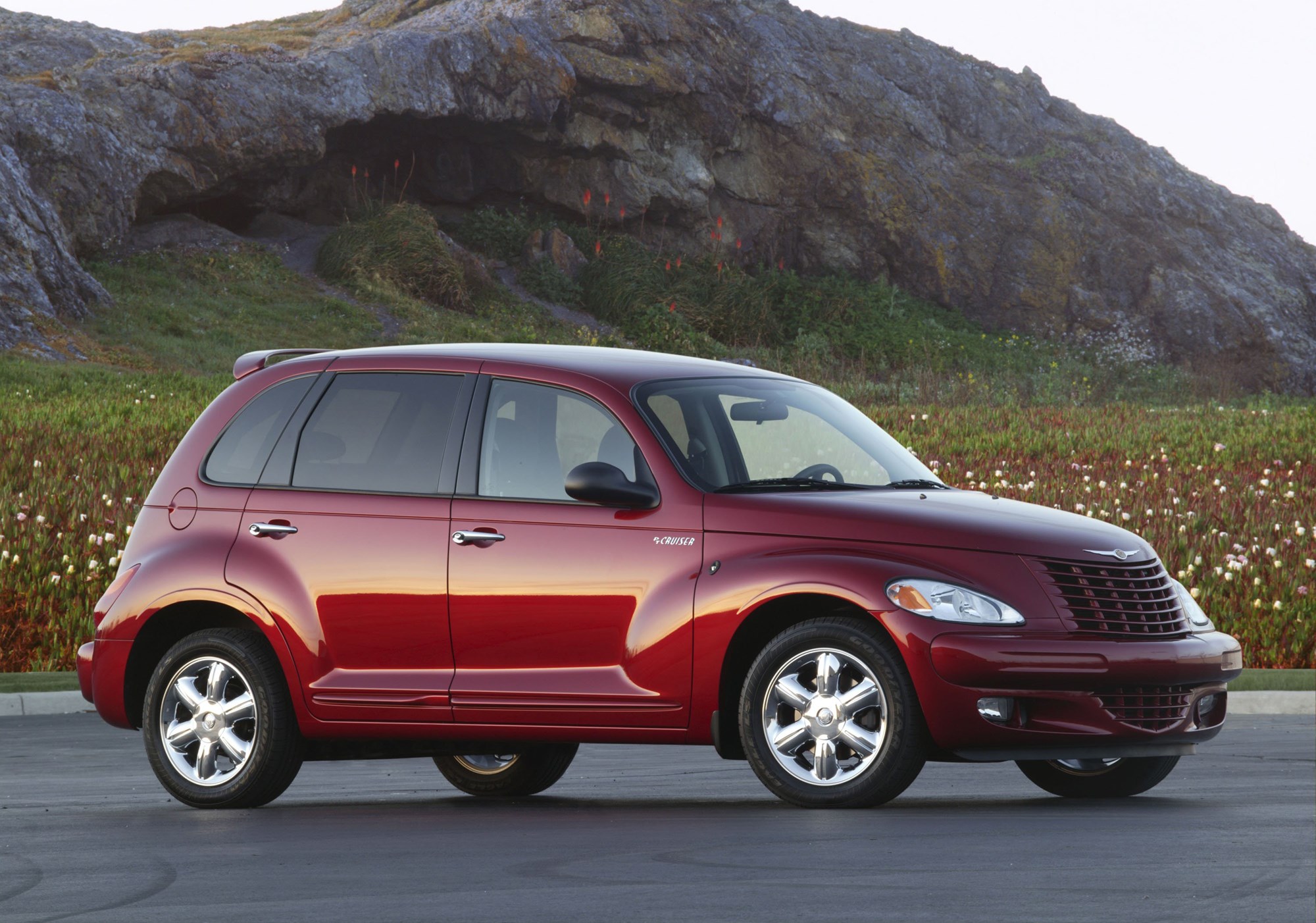
Bentley Motors represents the pinnacle of British luxury motoring. Acquired by Volkswagen in 1998, Bentley combines exquisite craftsmanship, opulent materials, and commanding performance. Each Bentley is a testament to bespoke luxury, hand-built with meticulous attention to detail. Models like the Continental GT, Flying Spur, and Bentayga SUV offer unparalleled comfort, refinement, and a sense of occasion, appealing to the most discerning buyers seeking the ultimate in automotive indulgence.
Heavy Hitters: Commercial Vehicles
Beyond passenger cars, the Volkswagen Group is also a formidable force in the commercial vehicle sector, offering a range of solutions for logistics, transportation, and heavy industry.
Volkswagen Commercial Vehicles: The Workhorse Division
Volkswagen Commercial Vehicles (VWN) produces a diverse range of vans, pickups, and people carriers designed for business and leisure alike. From the iconic Transporter (Multivan/California) and Crafter vans to the Amarok pickup truck, VWN vehicles are known for their durability, versatility, and practical design, serving a wide array of commercial and private needs globally.
MAN & Scania: The Giants of the Road
The Volkswagen Group’s TRATON SE subsidiary encompasses its heavy commercial vehicle brands: MAN and Scania.
- MAN SE, a German manufacturer, produces trucks, buses, and diesel engines. It is known for its robust and efficient vehicles, serving long-haul transport, construction, and municipal services.
- Scania AB, a Swedish manufacturer, specializes in premium heavy trucks, buses, and industrial engines. Scania is highly regarded for its modular product system, fuel efficiency, and strong aftermarket services, making it a preferred choice for demanding transport operations worldwide.
Two-Wheeled Excellence: Ducati
The Volkswagen Group’s diverse portfolio even extends to motorcycles through the iconic Italian brand Ducati. Acquired by Audi in 2012, Ducati is synonymous with high-performance motorcycles, distinctive L-twin engines, and a rich racing heritage. From the powerful Panigale superbikes to the versatile Multistrada and the stylish Scrambler, Ducati bikes are celebrated for their passion, design, and exhilarating riding experience.
Beyond Vehicles: Emerging Ventures
The Volkswagen Group is also strategically investing in the future of mobility and energy:
- MOIA: A mobility services company focusing on ride-pooling solutions.
- PowerCo: A new company established to oversee Volkswagen’s global battery activities, from raw materials to recycling, crucial for its massive electric vehicle offensive.
Practical Advice and Actionable Insights
For consumers, understanding Volkswagen’s brand ownership can be incredibly insightful. It explains why a Škoda might share components with an Audi, or why a SEAT feels dynamically similar to a VW Golf. This shared engineering leads to:
- Technological Trickle-Down: Advanced features and safety systems developed for premium brands often find their way into more affordable VW Group vehicles.
- Economies of Scale: Shared platforms (like MQB for internal combustion engines and MEB for electric vehicles) lead to cost efficiencies, which can translate to better value for consumers.
- Diverse Options: Buyers can choose from a vast array of vehicles tailored to different budgets, lifestyles, and aesthetic preferences, all benefiting from Volkswagen Group’s core engineering strengths.
For investors, the diversified portfolio mitigates risk by spreading exposure across different market segments and geographical regions. For industry observers, it highlights the strategic importance of platform sharing, brand differentiation, and leveraging core competencies across a vast corporate structure.
Volkswagen Group Brand Portfolio Overview
| Brand Name | Acquisition/Integration Year | Primary Market Segment | Headquarters | Key Characteristic/Role within VW Group | General Price Segment |
|---|---|---|---|---|---|
| Volkswagen Passenger Cars | Founding Brand | Mass Market, Mainstream | Wolfsburg, Germany | Core brand, volume driver, technology pioneer for the group | Mass Market |
| Audi | 1960s (gradual) | Premium, Luxury | Ingolstadt, Germany | Technology-driven luxury, "Vorsprung durch Technik" | Premium |
| Škoda | 1991 | Value, Practicality | Mladá Boleslav, Czech Rep. | Affordable, clever features, strong value proposition | Mass Market |
| SEAT | 1986 | Sporty, Design-focused | Martorell, Spain | Youthful, emotional, and dynamic entry | Mass Market |
| CUPRA | 2018 (spun off SEAT) | Performance, Sporty Premium | Martorell, Spain | High-performance offshoot of SEAT, emotional design, electrification | Premium |
| Porsche | 2012 (fully acquired) | Sports Cars, Luxury SUVs | Stuttgart, Germany | High-performance, iconic design, highly profitable | Luxury/Performance |
| Lamborghini | 1998 (via Audi) | Supercars, Ultra-Luxury | Sant’Agata Bolognese, Italy | Extreme performance, exotic design, exclusivity | Supercar |
| Bentley | 1998 | Ultra-Luxury | Crewe, UK | Bespoke craftsmanship, ultimate luxury, British heritage | Ultra-Luxury |
| Volkswagen Commercial Vehicles | Founding Division | Commercial Vans, Pickups | Hanover, Germany | Light commercial vehicles, versatile workhorses | Commercial |
| MAN | 2011 (majority stake) | Heavy Trucks, Buses | Munich, Germany | Heavy-duty commercial vehicles, engines, industrial solutions | Heavy Commercial |
| Scania | 2008 (majority stake) | Premium Heavy Trucks, Buses | Södertälje, Sweden | Premium heavy-duty trucks, modular system, fuel efficiency | Heavy Commercial |
| Ducati | 2012 (via Audi) | High-Performance Motorcycles | Bologna, Italy | Iconic motorcycles, racing heritage, Italian passion | Motorcycle |
Note: The acquisition year refers to when Volkswagen AG gained majority or full control. Some brands like Audi and Porsche have historical ties to VW that predate full acquisition.
Frequently Asked Questions (FAQ)
Q1: Why does Volkswagen own so many different car brands?
A1: Volkswagen’s multi-brand strategy is driven by several factors: achieving economies of scale through shared platforms and components, diversifying its market reach across various customer segments (from budget to ultra-luxury), leveraging technological synergies, and enhancing global market share and profitability.
Q2: Do all Volkswagen Group cars use the same parts?
A2: While not all parts are identical, VW Group heavily utilizes platform sharing (e.g., MQB for internal combustion cars, MEB for electric vehicles). This means many underlying components like chassis architecture, engines, transmissions, and electronics are shared, though each brand customizes them to fit its unique identity, design, and performance characteristics.
Q3: Is Bugatti still owned by Volkswagen?
A3: No, Bugatti is no longer solely owned by Volkswagen. In 2021, Bugatti was spun off into a new joint venture called Bugatti Rimac. Volkswagen Group, through its subsidiary Porsche AG, holds a 45% stake in Bugatti Rimac, with Rimac Group holding the majority 55%.
Q4: What is the benefit of owning multiple luxury brands like Audi, Porsche, Lamborghini, and Bentley?
A4: Owning multiple luxury brands allows VW Group to target different niches within the high-end market. Each brand has a distinct identity, heritage, and customer base (e.g., Porsche for sports car enthusiasts, Bentley for traditional luxury, Lamborghini for extreme performance, Audi for modern premium). This diversification maximizes market penetration and profitability in lucrative segments.
Q5: Does Volkswagen own anything outside of cars?
A5: Yes, beyond passenger cars, Volkswagen Group owns heavy commercial vehicle manufacturers (MAN, Scania), a motorcycle brand (Ducati), and is investing heavily in mobility services (MOIA) and battery technology (PowerCo) as part of its future strategy.
Q6: How does Volkswagen manage such a diverse portfolio of brands?
A6: VW Group employs a decentralized management approach, allowing each brand to maintain its unique identity and operational autonomy, while benefiting from group-level synergies in technology, procurement, and platform development. This balance helps foster brand loyalty while achieving corporate efficiencies.
Conclusion
The Volkswagen Group’s sprawling empire is a testament to a shrewd and ambitious corporate strategy. By meticulously assembling a collection of brands that span the entire automotive landscape, from the accessible Volkswagen to the opulent Bentley and the thrilling Lamborghini, VW has created a resilient and incredibly diverse powerhouse. This multi-brand approach not only delivers significant economies of scale and technological advantages but also allows the group to cater to virtually every automotive desire and budget. As the industry transitions towards electrification and new mobility solutions, Volkswagen’s ability to leverage the distinct strengths of its many brands will undoubtedly continue to shape its journey into the future, cementing its position as one of the most influential forces in global transportation.
